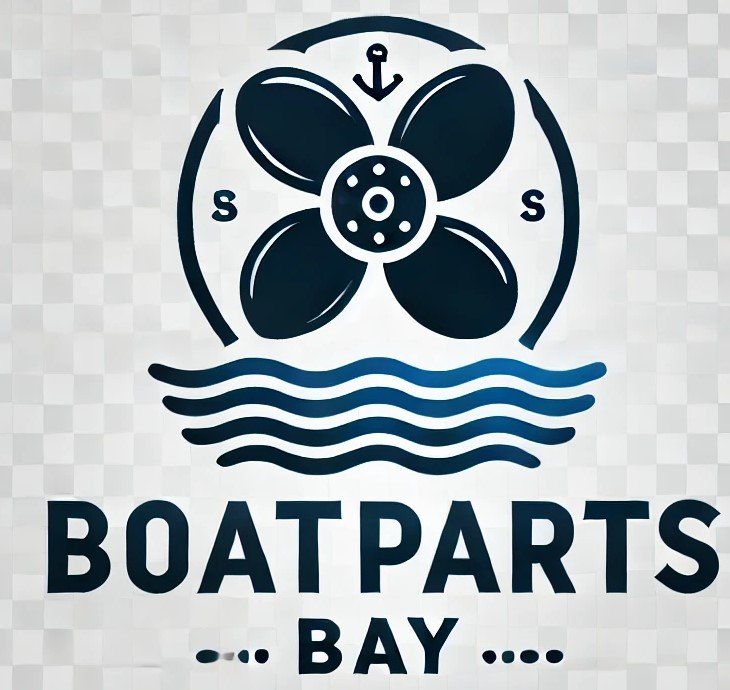Boating is a fantastic way to enjoy the great outdoors and explore the world, but it comes with its own set of risks. Making Sure your safety and that of your passengers is paramount for a fun and worry-free experience on the water. From important and essential safety tips to must-have gear, So this guide will help you prepare for a safe boating adventure.
1. Always Wear a Life Jacket
Why It Matters: Life jackets are crucial for safety, providing buoyancy and increasing the chances of survival But if you fall overboard or face an emergency.
Tips for Choosing a Life Jacket:
- Proper Fit: Make Sure life jackets are snug but comfortable, with adjustable straps to accommodate different body sizes and you can buy it from our Online Store.
- Type: So Select the right type of life jacket based on your activity (e.g., Type I for offshore use, Type II for near shore, Type III for various activities).
- Condition: Regularly inspect for wear and tear and replace any damaged life jackets.
2. Understand and Follow Navigation Rules
Why It Matters: Knowing and following appropriate rules helps prevent collisions and Make sure safe maneuvering on the water.
Tips for Navigation:
- Know the Rules: Familiarize yourself with local and international navigation rules, such as the right of way and signaling.
- Use Navigation Aids: Equip your boat with navigation lights, buoys, and GPS systems to stay on course and avoid hazards peacefully.
- Stay Informed: Check weather forecasts and water conditions before heading out to avoid adverse conditions.
3. Perform Regular Boat Maintenance
Why It Matters: Regular maintenance make sure your boat operates safely and efficiently, reducing the risk of breakdowns or accidents.
Tips for Maintenance:
- Engine Checks: Regularly inspect and service your engine to ensure it runs smoothly.
- Safety Equipment: Verify that all safety equipment, including fire extinguishers, flares, and first aid kits, is in good working order.
- Hull Inspection: Check for any signs of damage or wear on the hull and repair as necessary.
4. Plan Your Trip and Inform Others
Why It Matters: Planning and communication help make sure your safety by preparing for emergencies and making sure that others know your whereabouts.
Tips for Trip Planning:
- File a Float Plan: Share your itinerary and expected return time with a trusted friend or family member.
- Emergency Contacts: Have a list of emergency contacts and a reliable communication device on board.
- Route Planning: Plan your route and be aware of potential hazards or restricted areas.
5. Stay Sober and Alert
Why It Matters: Do not Drink Alcohol and and Do not Take drugs it will increasing the risk of accidents on the water.
Tips for Staying Sober:
- Designate a Driver: make sure that the person operating the boat is sober and capable of handling the vessel safely.
- Limit Alcohol Consumption: If you choose to consume alcohol, do so responsibly and avoid excessive drinking.
- Stay Focused: Remain vigilant and avoid distractions while operating the boat.
6. Equip Your Boat with Essential Safety Gear
Why It Matters: Proper safety gear make sure you are prepared for emergencies and enhances overall safety on the water.
Essential Safety Gear:
- First Aid Kit: A well-stocked first aid kit is crucial for treating minor injuries and emergencies.
- Fire Extinguishers: make sure you have the appropriate type and size of fire extinguishers for your boat.
- Emergency Flares: Carry flares or signaling devices to alert rescuers in case of an emergency.
- Throwable Devices: Keep throwable floatation devices like ring buoys or cushions readily available.
7. Educate Yourself and Your Crew
Why It Matters: Knowledge and training gain safety and preparedness for various situations on the water.
Tips for Education:
- Boating Courses: Enroll in boating safety courses to learn about best practices, emergency procedures, and navigation skills.
- Safety Drills: Conduct regular safety drills with your crew to ensure everyone knows what to do in case of an emergency.
- Stay Updated: Keep up with the latest safety guidelines and regulations for boating.
